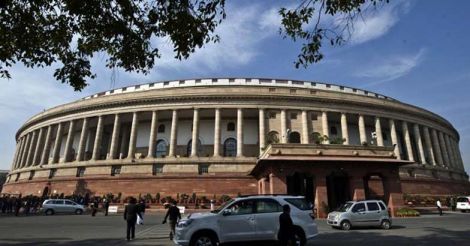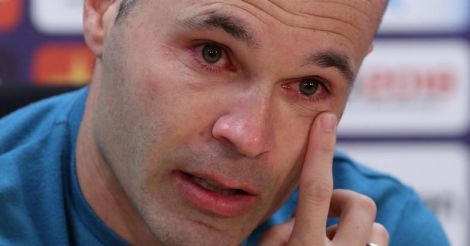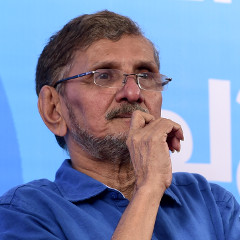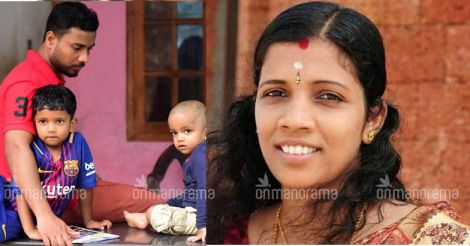The death of Lini, the Kerala nurse who succumbed to the Nipah virus in the line of duty, found its way to the front pages. The inside pages on the same day carried a report on the Supreme Court rejecting a plea by private hospital managements to put on hold a Kerala government notification about the minimum wage for nurses.
The minimum wage in question is a mere Rs 20,000. Deaths are not uncommon among those taking care of patients down with epidemics such as Nipah.
As many as 240 doctors and nurses died in Africa in 2014 during an Ebola outbreak. Most of the victims were nurses. The World Health Organisation (WHO) has pointed out that most of these deaths are caused by a shortage of safety gear for the healthcare personnel. The WHO also said that doctors and nurses put their lives at risk only out of sympathy to the patients.
Lini was not even a nurse, as per official records. The trained professional has been working for daily wages in a government hospital. Even Lini may have been driven by sympathy to treat patients day and night even at the cost of her own health.
Nurses from Kerala have been working in the West since the 1960s. Nurses in western countries are no less important than the doctors. Nurses are even authorised to prescribe certain drugs in developed countries.
Lini's death should prompt us to think of minimum wages and beyond in the nursing sector.
Don't fix it

Appointments to the Indian Administrative Service and other central services are done on the basis of the recommendations by the Union Public Service Commission. The candidates are assigned to different services on the basis of a rank list after the written test and interview as well as the priorities submitted in the application form. The central government is considering the takeover of the responsibility from the UPSC, according to news reports.
All candidates undergo a common training at the Mussoorie academy before they are assigned to different services. This is called a foundation course. The government wants to add the subjective and opaque marks given by officers in Mussoorie after the foundation course to the transparent evaluation of the UPSC before drawing up the rank list.
This report has reminded me of my own IAS training in Mussoorie. The director had selected his own son as the topper in the previous batch.
IAS officers usually put up little resistance to implementing the government policies. As the Americans say, "If it ain't broke, don't fix it."
Iniesta's swansong

Football fans watched Andres Iniesta playing his last game for FC Barcelona on May 21. The Nou Camp stadium witnessed emotional scenes associated with a glorious exit.
Iniesta, however, returned to the ground. He walked up the turf barefoot in the middle of the night, alone. He sat on the turf until 1:30 am. A photographer who happened to spot the footballer gifted us that moments of melancholy.
What would have gone through Iniesta's mind? He would have recalled the day he was taken to join Barcelona's children's programme in 1996, at the age of 12. He had described the day as the worst in his life in his autobiography, 'The Artist: Being Iniesta'.
His father and grandfather could not sleep a wink the previous night in a hotel room near the stadium because of his cries. They would have returned with the cranky boy unless his mother Mary persuaded them to give him a chance.
The midfield magician would have remembered teammate Messi, who finished many of his moves. Whenever the game seemed to slip away, Messi would tell Iniesta, "Andres, don't leave my side."
Iniesta removed his shoes to touch Nou Camp one last time. He had known the turf for 22 years. With a few days short of the FIFA World Cup kickoff, Iniesta's sleepless night reminds me of Bill Shankly's famous quote: "Somebody said football's a matter of life and death to you. I said it’s more important than that."
Scorpion kick
Mohanan Vaidyar and Jacob Vadakkumcherry have denied the existence of the Nipah virus. There is no point in suing them. Sent them to treat the Nipah affected instead.

























 Kerala nurse Lini's husband and children.
Kerala nurse Lini's husband and children.